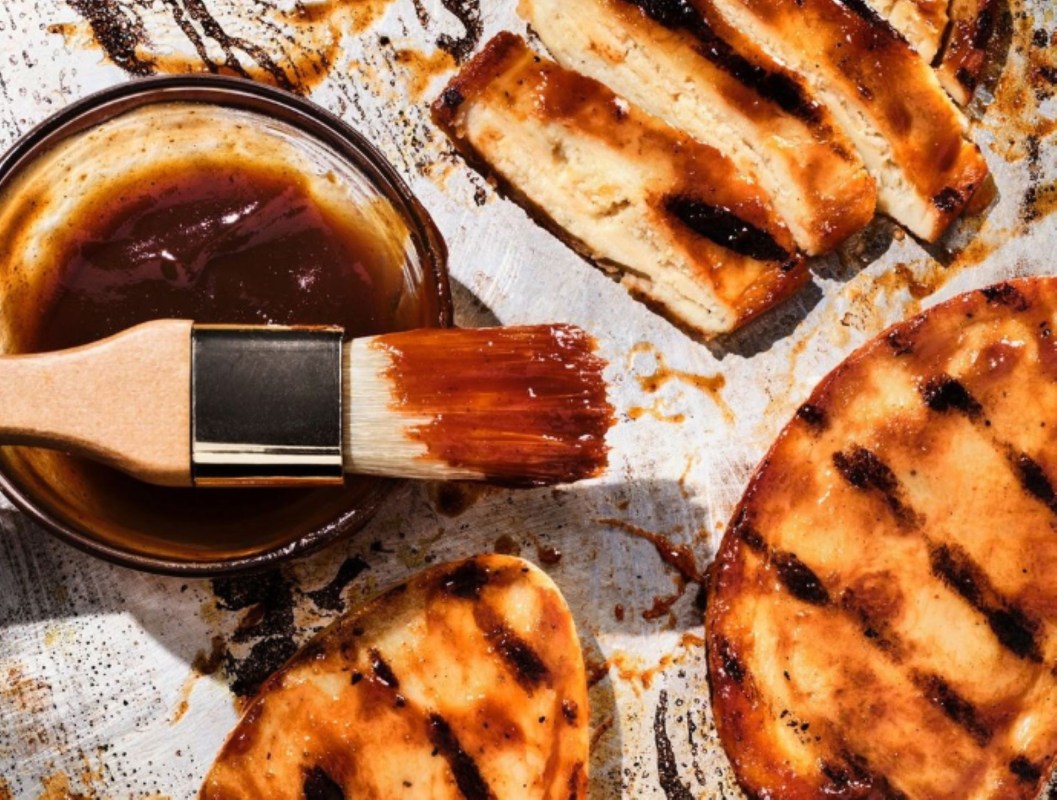GOOD Meat may have the answer to an age-old question.
In the case of its lab-grown poultry, neither the chicken nor the egg came first. That's because all the company's scientists need to make a chicken dinner is a single poultry cell.
It's a process that has cleared one of the final U.S. Food and Drug Administration hurdles to operate a facility in California. The FDA agrees with GOOD Meat that its chicken is safe to consume.
The company already sells its chicken in Singapore, but it still requires final approval from the U.S. Department of Agriculture before it can be sold stateside.
The company's stated goal is to create sustainable meat that balances the relationship between people, the planet, and animals.
"We need to create meals that feed the people at the same time as we sustain our communities and environment," celebrity chef Jose Andres said in a statement on GOOD Meat's website. He plans to offer the food in his D.C. restaurant once it is fully approved.
To create the meat, the scientists start with a bunch of cells in a facility that resembles a brewery, including stainless steel equipment and tanks. The cells are fattened up with proteins and other nutrients, things the experts said would grow the meat on a regular chicken.
In about four weeks, meat is grown, minus the beak, feathers, and other body parts. It is shaped into forms most people will recognize, including nuggets and tenders, NPR reports.
No meat grown like this is currently sold in the U.S., although about 80 companies are trying to land approval.
GOOD Meat claims the process is humane, reduces air pollution, and is sustainable. One cell can divide indefinitely, producing more meat on fewer resources.
TCD Picks » Upway Spotlight

Company CEO Josh Tetrick told NPR that once the meat gets final approval, it will be on the menu at Andres' restaurant, and soon, perhaps elsewhere.
"It's going to be something when it lands in his restaurants," Tetrick said.
And people will know what they are eating. The FDA will require that this type of meat is labeled as lab-grown, NPR reports.
"Consumers and future generations deserve the foods they love made more sustainably and in ways that benefit the public good," Bruce Friedrich, founder of the Good Food Institute, which studies sustainable food, told NPR.
Join our free newsletter for easy tips to save more, waste less, and help yourself while helping the planet.













